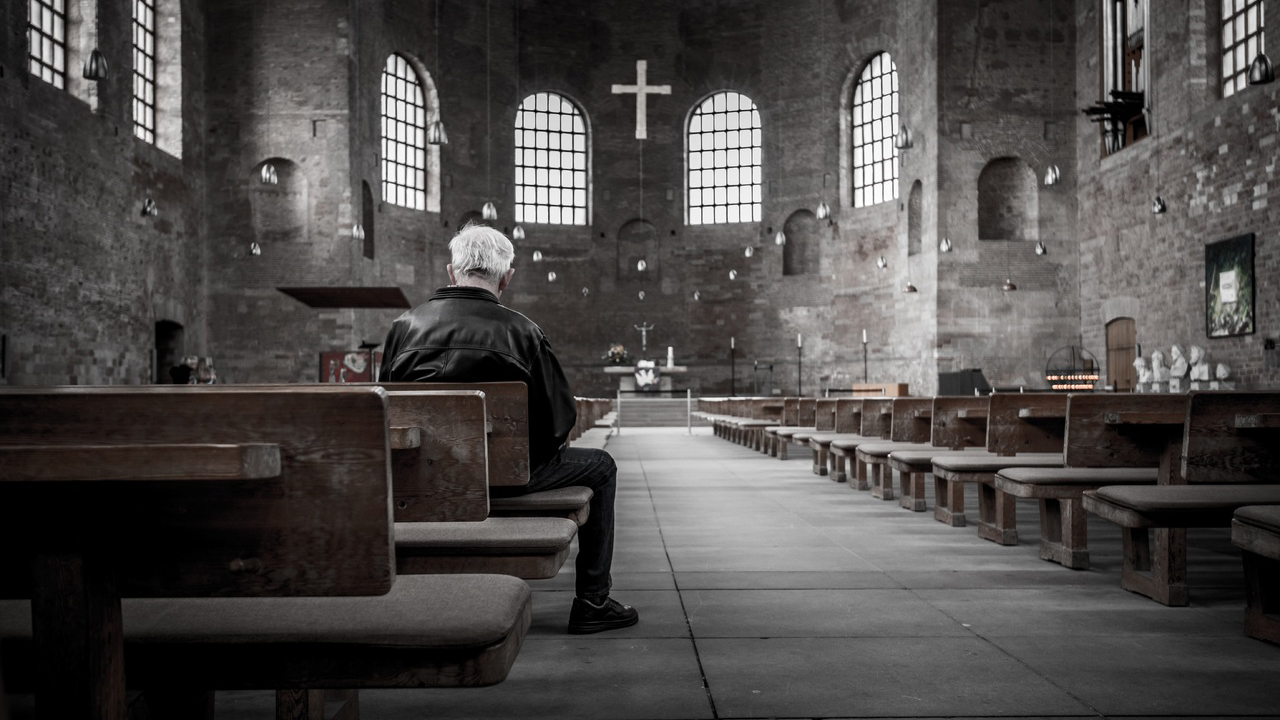The Morrison government has finally released the draft of its long-awaited religious freedom bill. While it will obviously take some time – and someone with more than a bush lawyer’s understanding – to sort through the bill, there are some initial grounds for encouragement.
The government has, it says, tried to avoid falling into the trap of positive freedoms – in other words, the state dictating what we are allowed to do, rather than what the state is allowed to stop us doing. The very fact that the government even understands the difference between positive and negative freedoms is encouraging if nothing else.
Attorney General Christian Porter has unveiled laws to protect Australians from discrimination on the basis of their religious belief, but the laws do not go as far as many church leaders want.
The Attorney-General’s Religious Discrimination Bill will take the form of similar anti-discrimination laws on gender, age, race and disability, and be brought before parliament in October.
It will not be a broader “religious freedom” act which Mr Porter said today would be too vague and lead to courts ultimately deciding what rights matter more in Australia.
“Australia has a strong anti-discrimination framework with specific protections for people against discrimination on the basis of their age, sex, race and disability,” Mr Porter said […]“The Bill would make it unlawful to discriminate on the basis of religious belief or activity in key areas of public life. The Bill does not create a positive right to freedom of religion.”
One of the danger signs of this sort of legislation is often when the activists who have been pushing for it get exactly what they want.
Some religious leaders boycotted the speech by Mr Porter at Sydney’s Great Synagogue because of his inclination against a broader act enshrining freedom of religion.
Mr Porter today said he was always opposed to such a broad law and this religious discrimination bill would provide courts with a better structure by which to weigh up religious issues.
He also said that some religious leaders did not understand the fallout any religious freedoms bill could entail.
theaustralian.com.au/nation/christian-porter-unveils-laws-to-protect-from-discrimination-on-basis-of-religious-belief
As Porter says, legislating a too-broad “freedom of religion” would inevitably lead to unelected judges ruling what our freedoms are.
The Human Rights Legislation Amendment (Freedom of Religion) Bill 2019 […][will] and allow charities and religious organisation to stand by the traditional definition of marriage…There are also guidelines in the bill over the rights of doctors, nurses, and other health professionals to object on religious grounds.
It is enshrined in the bill that religious bodies are not capable of discrimination if they engage in conduct, in good faith, which is according to the tenets of religion. But they still have to abide by other discrimination laws such as the sex discrimination act.
Exemptions in the bill mainly include protections for courts and law enforcement, and ensure that religious discrimination laws do not protect people from serious offences.
theaustralian.com.au/nation/politics/religious-discrimination-what-the-news-laws-cover
Ruddock, Morrison and Porter seem to have tried to strike a balance, here. I’ve written before about the risks in religious freedom legislation. With luck, this bill will minimise those. What it appears to be attempting is to put religious belief on the same footing as sexuality and gender. Hopefully, this will negate or minimise the sort of vindictive lawfare that was used to silence religious groups during the gay marriage and subsequent transgender legislation debates.

